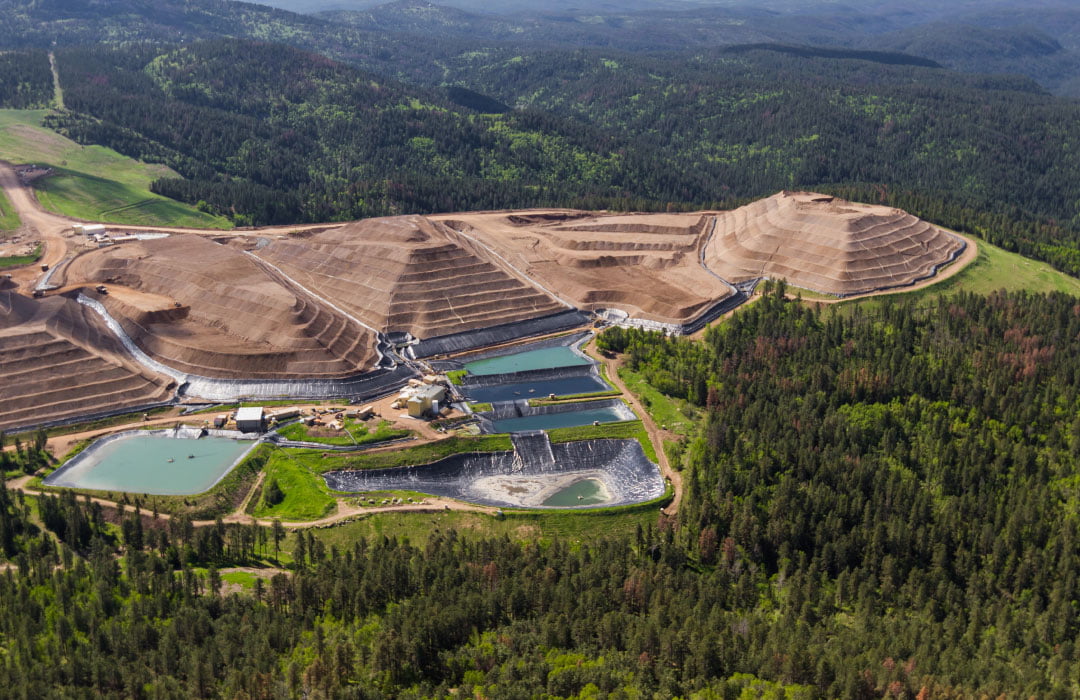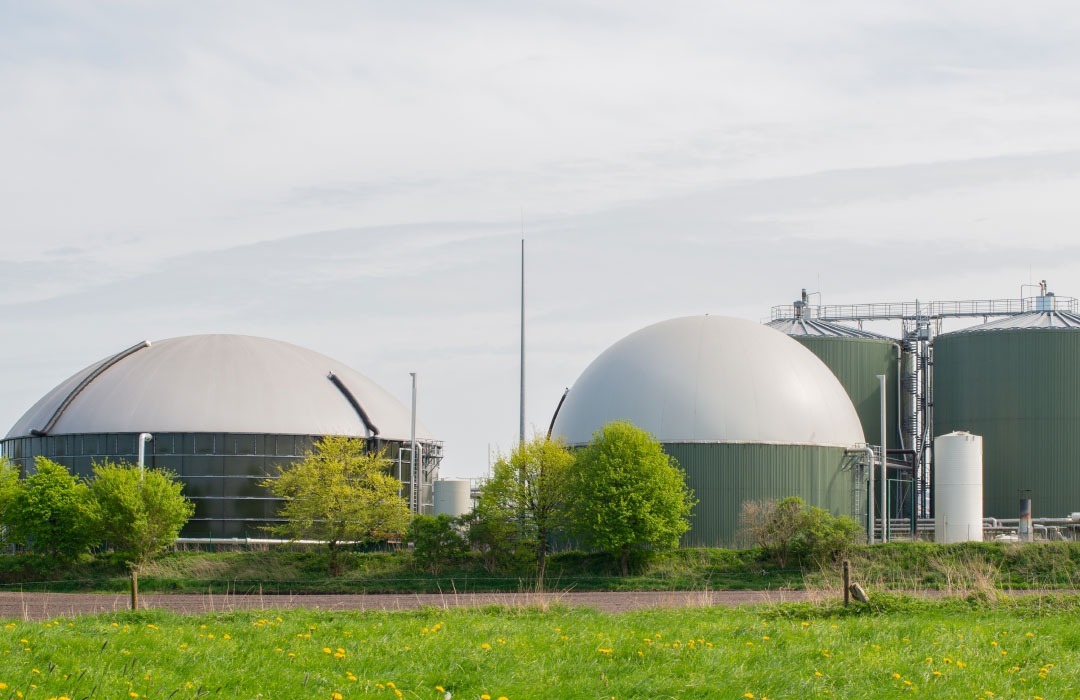Making the case for Hydrogen
Hydrogen has long been a preferred source of future energy for governments. In many senses, it is the ultimate green energy because when burned, it produces water. Hydrogen can be produced using spare energy with water and can, therefore, be used when there are no alternative uses for power. Manufactured hydrogen can be added to LPG to make a synthetic star fuel, with fewer CO2 emissions.
It is not free
The original promoters of hydrogen wanted to use excess energy to process water to produce green hydrogen. This agenda will be seized by the promoters of blue hydrogen who wanted to use natural gas to produce a storable product. Firstly, they see hydrogen itself as being more storable, and secondly, hydrogen can be made into ammonia. Ammonia is seen as a fuel source that can be more easily handled and transferred, specifically it is better for shipping and can be used more effectively over longer distances in shipping as a supplement or replacement for bunker fuels.
Joining the Jones
The Australian government confirmed in its most recent budget that it will spend AUD 23 billion over 5 years to help Australian industry commercialize green hydrogen as a fuel source. It is important to remember that this initiative alone was not intended to move the Australian economy towards net-zero emissions. It is important to remember that just the week before the budget, the same government stated that natural gas will need to be a crucial component of the domestic energy scene, and that it will continue to export over 75% of its gas production. It is important to remember that Japan relies on Australia for about 40% of its energy, and Japan has long been an investor in LPG production in Australia, with most of it dedicated to domestic consumption by Australian industry, not consumers.
Australia now has its answer to the US Inflation Reduction Act (“IRA”), called “Future Made in Australia.” The IRA is a US government industry package that supports domestic production for both internal use and exports, while discouraging imports from China. This is especially important in the energy sector, where the US economy experienced a pricing disadvantage despite applying tariffs to most imported items. This legislation is explicitly designed to create jobs and maintain production facilities in the USA.
Canada has had a hydrogen strategy for over four years, with its first review released in April. Its aim is to create a hydrogen industry in Canada, recognizing that the long-term viability of Canada’s oil and gas exports will be reduced, and they can then be substituted with hydrogen. While Canada lacks Australia’s solar capacity, it has a robust hydro system and, more importantly, an advanced nuclear power system in the province of Ontario alone, which provides very cheap energy and demonstrates a pricing advantage over most other forms of energy. Canadians are realistic and understand that their nation cannot produce everything needed for an energy industry and that specialization is required. In essence, they are picking winners, and hydrogen is one of them.
Hydrogen and its cousin ammonia have a tremendous opportunity to become the preferred transport fuels. It will not replace aviation fuel, but it could replace diesel in the long run if it can be produced cost-effectively. The literature suggests that the cost should be USD 10 per kilo, and if it is produced in the United States, it would attract a subsidy of USD 3 per kilo.
Australia and Canada have many similarities. Both are large countries with relatively small populations, and there are high concentrations of urban living people. Approximately 90% of Canadians live within 100 km of the US border and some 90% of Australians live on the eastern coastal fringe, from Brisbane to Adelaide, respectively. Both economies are now heavily dependent on road transport and export-dependent nations.
Hydrogen for Motor Transport
In both cases for Canada and Australia, the adoption of hydrogen as a motor fuel would require modifications to vehicle designs and existing motor vehicles. If hydrogen is seen as a preferred fuel for long-haul motor vehicles, there will be a need to develop hydrogen cells with accompanying refueling stations. This will require infrastructure that needs to be planned, and government investment may be necessary.
In addition to distribution infrastructure, there will need to be an investment in production infrastructure. While it may be politically acceptable in the short term to source blue hydrogen from gas, in the long term, there will no doubt be a requirement for green hydrogen worldwide. This hydrogen can be produced by energy sourced from nuclear plants in Canada, solar arrays in Australia, and hydro sources such as those found in Nepal. The hydrogen can be turned into ammonia, pipelined, or transported around the world as ammonia, gas under pressure, or potentially as a liquid.
The need for a Public Debate
In practice, our communities are not discussing the merits of the hydrogen alternative as part of the national energy strategy. Instead, we find ourselves caught solely in a political ideology debate. The debate can be summarized as follows: 1) the government should or should not pick winners, 2) the government should or should not invest in changing the direction of the economy, and 3) we don’t need to explain the details to the electorate because they won’t understand, so we explain it as green jobs.
Sadly, our politicians seem to credit the electorate with little understanding. However, the electorate is quite capable of understanding the cases for and against picking a winner or investing in hydrogen. It is amazing that politicians believe the electorate has so little understanding when we can have significant debates about transitioning the sheep industry from live exports to processed meat exports, simply to meet the view of a segment of the community who consider the live trade as cruelty to animals. If a similar level of communication were undertaken with the community about hydrogen, I believe politicians, regardless of their political affiliation, would be amazed at the understanding and support of the community.
The Australian Credit (USD $1.33)
Globally, the community is used to seeing habits of government spending on what they want rewarded and penalizing what they wish to discourage. In my own community, you only need to look at the costs associated with disposal of waste and the award for extracting and providing recyclable materials instead.
Australia is proposing a USD 1.33/KG government support for the production of hydrogen. Even if under the US IRA, they are willing to pay USD 3, it could be argued that the Australian government has negotiated the deal of the decade since they want a hydrogen-based Australian economy. The second major consideration should also be the value of the carbon credits that would not otherwise be collected from the burning of hydrogen instead of diesel or petrol.
Navigating the Transition
Pricing of support and community expectations of subsidies need to be communicated to the community, not only in the United States, Canada, and Australia, but globally. In the case of hydrogen, it is rightly recognized that there will be a need for some form of encouragement to price the end-product to consumers so that they are encouraged to use it and convert their vehicles or buy new vehicles suitable for this fuel. If this is broadly accepted by the community, it is the role of the government to provide this leadership. On the other side, however, is the duty of the government and the role of the opposition to explain what is being proposed and not keep their arguments overly simplistic and thus underestimate the intelligence of the electorate.
Our world is going through a massive transition as we move to a whole new energy mix, and the cost of retooling our energy system is the equivalent of two years of world GDP. This is a lot of money, and it needs to be spent wisely, as most of it will form private sector and/or public sector debt. Globally, politicians need to take their communities with them as we commit our economies to the new millennium with this mixed private and public debt.
Once this is communicated to the electorate, it will be for the electorate to decide. In the United States, this will occur in November and in Australia, it will occur next May if not earlier. The case for increasing our use of hydrogen seems to be good, but whether it is the best choice still remains to be communicated by our politicians to the electorate.
Would you be willing to change the fuels you use before there is a commitment from the government which involves both sides of politics so that you know there will be continuity of policy or before there are refueling stations?
At the moment, for the clients of Projects RH, this remains a real issue, and we look forward to seeing the unity ticket demanded by the electorates in countries such as the United States, Europe, Canada, and Australia. Projects RH is seeing interest in the funding of green hydrogen projects around the world.
By Paul Raftery, CEO of Projects RH. We are happy to receive questions of comments at paulraftery@projectsrh.com
—————————————-
Source:
Cummins, J.; “Pure Hydrogen reckons budget sets Australia on the right track as world embraces revolution”, The Weekend Australian”, 18-19 May, 2024.
Government of Canada, Hydrogen Strategy for Canada: Progress Report, April, 2024
Van Leeuwen, V.; “Blue or green, cold economic realities hit hydrogen buzz” The Weekend Australian Financial Review.




